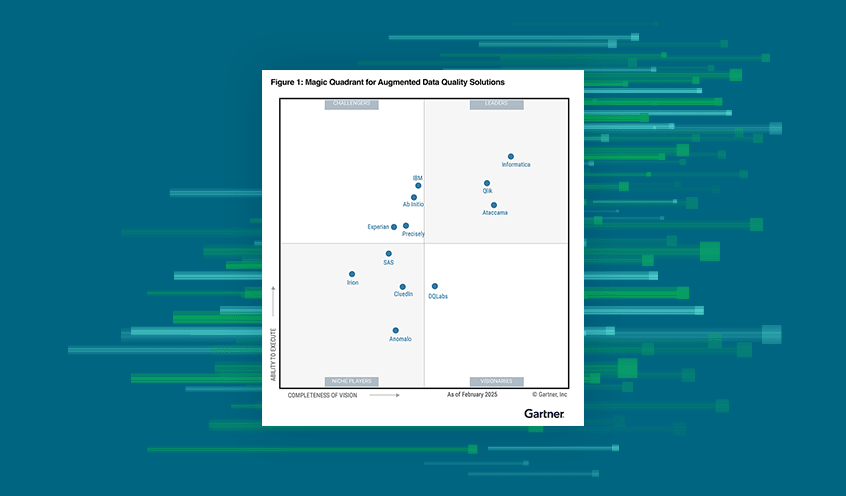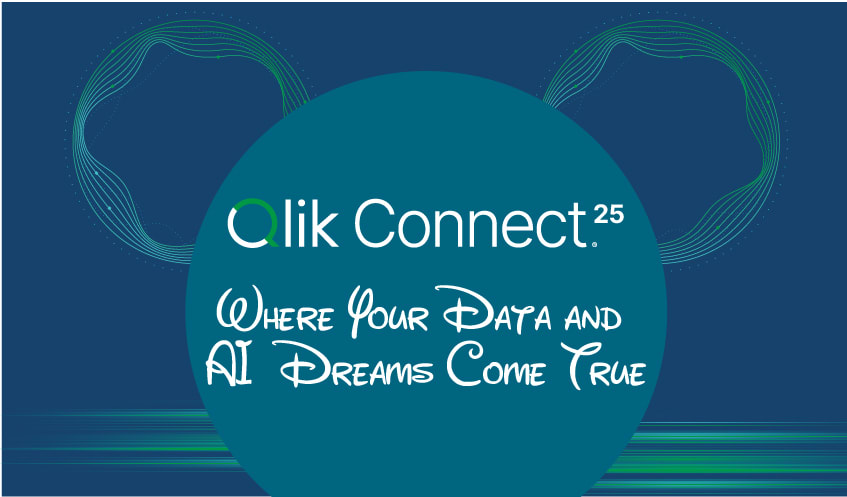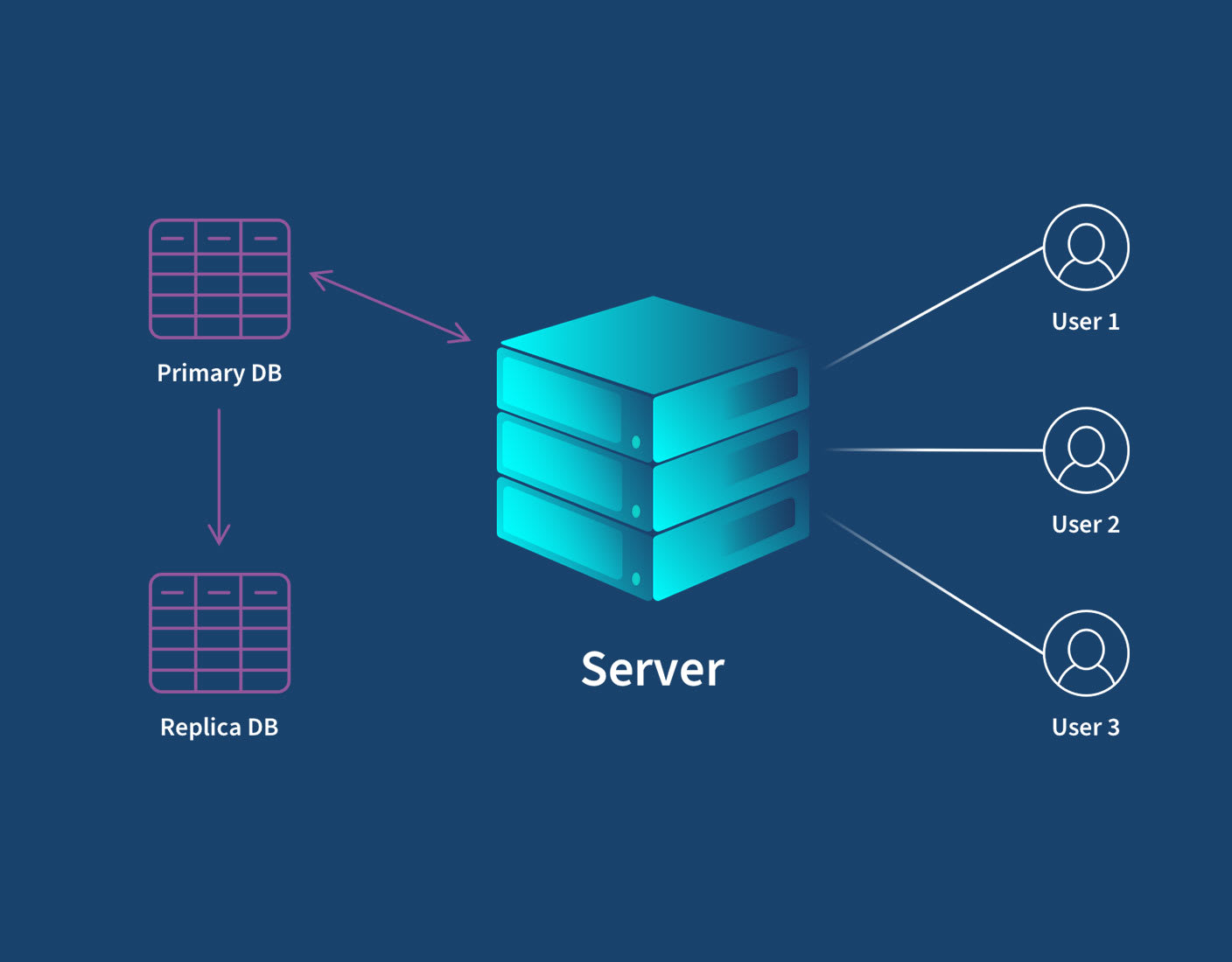Benefits of Replicating Data
Your organization may have a wide variety of heterogeneous databases, data warehouses, and big data platforms. And, your organization might be spread out geographically, have multiple departments wanting access to the same dataset, or you may have complex data issues like storing data across on premises, cloud, and hybrid multicloud.
Data replication moves your data efficiently and securely across your data integration system. This helps you to improve the performance and availability of your databases and the applications that depend on them, to incorporate new technologies into your IT infrastructure, and to enable data analytics on non-production systems.

Below are the key benefits of replicating databases for your organization.
Business benefits:
Trusted, holistic picture for analytics. Database replication will help you bring together data from different sources and repositories such as a data lake or data warehouse. This will give you a single source of truth, give you a holistic picture of your business, and lets you explore and analyze trusted, governed data. Ultimately, this helps you uncover actionable insights that improve your business.
Faster insights. Less processing burden for each server means higher performance. This allows all users faster access to the data they need without impacting other teams who also use the same data.
IT/DataOps benefits:
Higher data availability. Your overall system will still be able to perform adequately even if one of your replicated databases becomes unavailable because you’ll have a copy of the database.
Reduced server load. A replicated, distributed database requires less processing for each server. This means higher performance for queries.
More reliable data. As part of the replication process, data in target systems is processed and updated to match that of the source system which helps ensure data integrity.
Less data movement. Having a distributed database allows for versions of the data to be closer to the point of transaction or data entry.
Better protection. Achieve redundancy to safeguard the read performance and availability of mission-critical databases and ensure business continuity.
Lower latency. Having copies of your data in multiple locations means more localized data access, which can improve your network performance. This is especially helpful to employees in satellite offices.
Better application performance. Improve the scalability and availability of database-dependent applications. This includes enabling data analytics and BI tools on non-production systems.

















































